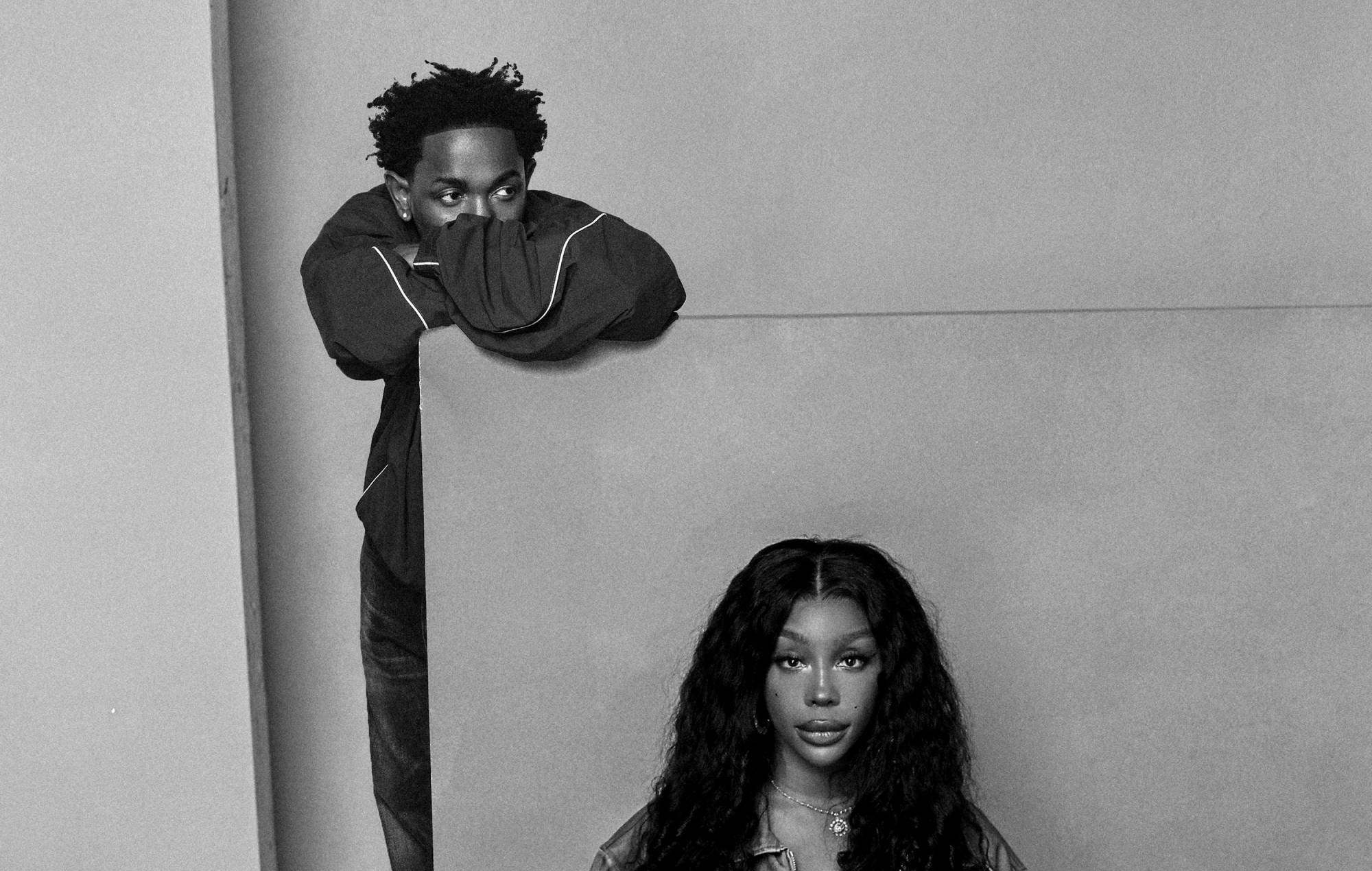
Revenues from UK music grew for the eleventh successive year in 2023, with profits rising to the highest level in two decades.
According to new figures released by ERA, the digital entertainment and retail association, the value of UK music rose seven per cent to an all-time new record of £11.9billion.
The ERA say the “main driver of growth” in 2023 came via streaming and digital services, which increased their revenue by more than £800million in one year. Streaming now accounts for 91.7 per cent of the total revenue for UK music nationally.
As well as streaming, sales of vinyl increased by 18 per cent, and CD sales also saw a two per cent increase in sales – the first value increase in the medium in almost twenty years.
It means music revenues were at their highest since 2002 and are now just 0.8 per cent below the music industry’s greatest revenue year of 2001.

ERA Chairman Ben Drury said of the statistics: “The entertainment business is defying gravity, delivering eleven straight years of growth regardless of wider economic conditions.
“Due credit should go to the amazing creative talent behind the movies, music and games we all love, but we should also recognise the huge contribution of the digital services and retailers who have reinvented the entertainment experience for consumers over the past 15 years,” he continued.
“The overwhelming majority of the money raised by digital services and retailers goes direct to the content owners, and their success is directly benefitting creators.”
ERA CEO Kim Bayley added: “With revenues just a fraction away from music’s all-time-high, this is a red letter day for the music industry and is a testament not just to the creativity of artists, but to the entrepreneurial drive of digital services and retailers.
“A world without streaming now seems unthinkable. Meanwhile the tenacity of physical retailers has driven not just the vinyl revival, but a surprise increase in the value of CD sales. Given all we’ve been through, it really doesn’t get much better than this.”
- READ MORE: 2023 was “worst year for venue closures” while “no one in music industry seems to care”, say MVT
The news comes as Spotify continues to come under fire from for its model of paying artists.
The company recently announced a streaming threshold of 1,000 plays before songs are able to generate royalties. According to Spotify data, there are around 100million songs on the service, yet only around 37.5million meet the new requirements to generate revenue.
In November, the company announced that it would no longer provide its services in Uruguay due to the country’s copyright laws that would require “equitable remuneration” for artists.
It also comes as grassroots music venues across the UK struggle to survive, with organisations like the Music Venue Trust calling for urgent help from the music industry to reinvest in the future of music at a time when profits are at an all time high.







